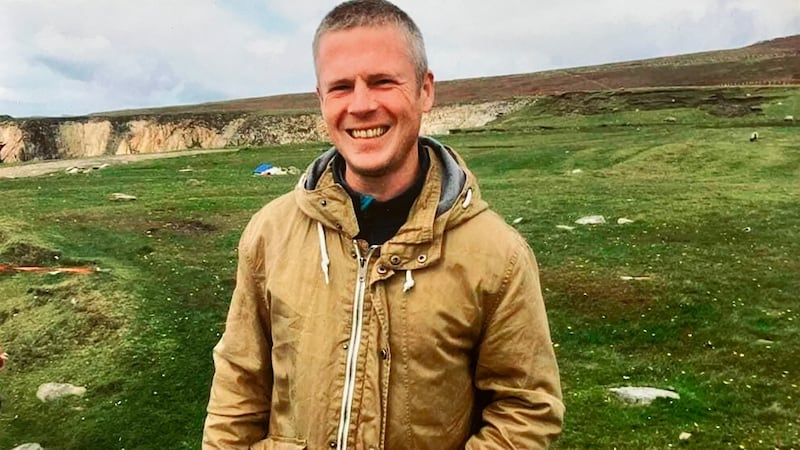This week’s Brics Summit in South Africa offers its five member nations the opportunity to further develop their economic and political ties as well as assess the credentials of a group of nations seeking to join the bloc.
The summit, which runs from August 22nd to 24th in Johannesburg, will be attended by the leaders of Brazil, India, China and South Africa, while Russia’s Vladimir Putin will attend virtually.
However, dozens of other heads of state from the developing world will also attend to see first-hand how the bloc’s annual meeting unfolds, and what is required of them to become a member of the group.

Will ending the 9% VAT rate spell disaster for the hospitality sector?
Over the course of the summit, the Brics group aims to assert its members’ political and economic position on the world stage, particularly in relation to where the US and the EU stand on a range of economic issues.
READ MORE
Indeed, their aim is to develop an economic alternative to the West’s dominance of the global order since second World War through institutions like the World Bank and the International Monetary Fund (IMF).
The Brics group says its members account for 31.7 per cent of global GDP and 18 per cent of global trade, but only about 6 per cent of its trade is between its members.
According to the South African government, 23 developing nations from across the globe have formally asked to join the group, and a similar number have expressed an interest in doing so. Among those seeking to join Brics are Argentina, Venezuela, Indonesia, Cuba, Saudi Arabia and Ethiopia.
One of the group’s attractions to emerging economies is the New Development Bank (NDB), which was created in 2015 as an alternative to the World Bank and the IMF. Since then, the NDB has invested $30 billion in infrastructure development projects in member states and other developing nations.
In a bid to reduce their reliance on the US dollar, the bloc recently supported its members’ increased use of their national currencies to settle trade between each other. How this can be done is also expected to be a hot topic at the conference this week.















